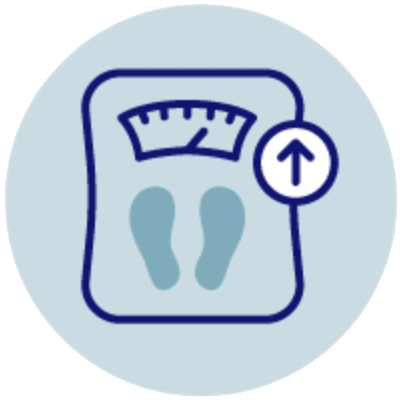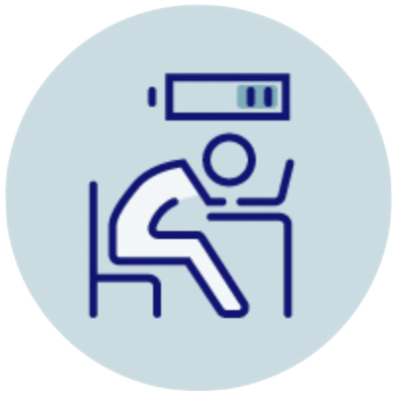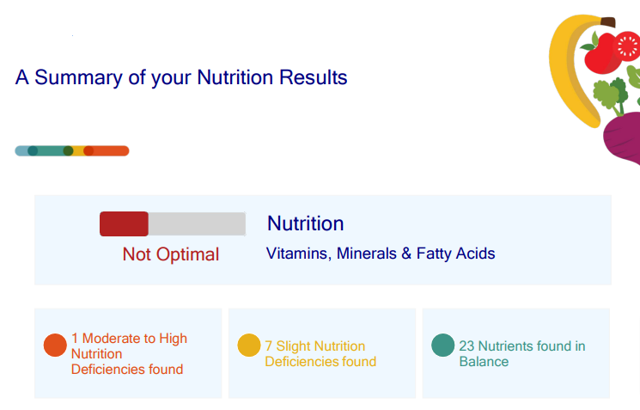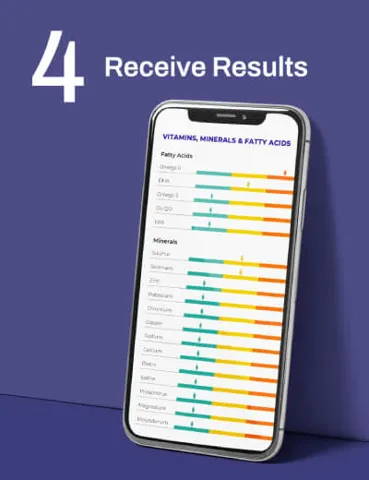Symptoms of food sensitivity
These can be a food sensitivity or a vitamin imbalance

Digestive Issues

Bloating

Weight Gain

Skin Issues

Joint Pain
Headaches

Congestion

Fatigue

Inflammation
No more guessing. No more self-elimination diets. Just clear color-coded results delivered to you 72 hours after your 10 strand hair, sample is received.

Personalized Login Portal
Get access to personalized portal to receive test result, with knowledge center & after test advice.
4 Easy Steps to Fast Results





Dr. Sony S. | Panel Expert, Medical Doctor
Enzyme deficiencies and inflammation can cause food intolerances with no signs of immune-mediated responses. Immune responses are often measured with IgG or IgE levels. Therefore, food intolerances or sensitivities are usually not measured using immunogenics. This can be a common misconception in Healthcare that food intolerances are measured through IgE and IgG responses. However, it is known that IgE or IgG responses can measure food allergies. Food allergies and food intolerances or sensitivities can differ significantly.
Diet and lifestyle are known to be responsible for the development of food intolerances and sensitivities. The known recommendation for medical doctors is that patients may test regularly with AFIL's technology, as often as every three months, before symptoms begin reappearing and new food intolerances develop. Testing frequently is the simplest way for patients to take control of their health and help prevent future diseases due to chronic inflammation.


